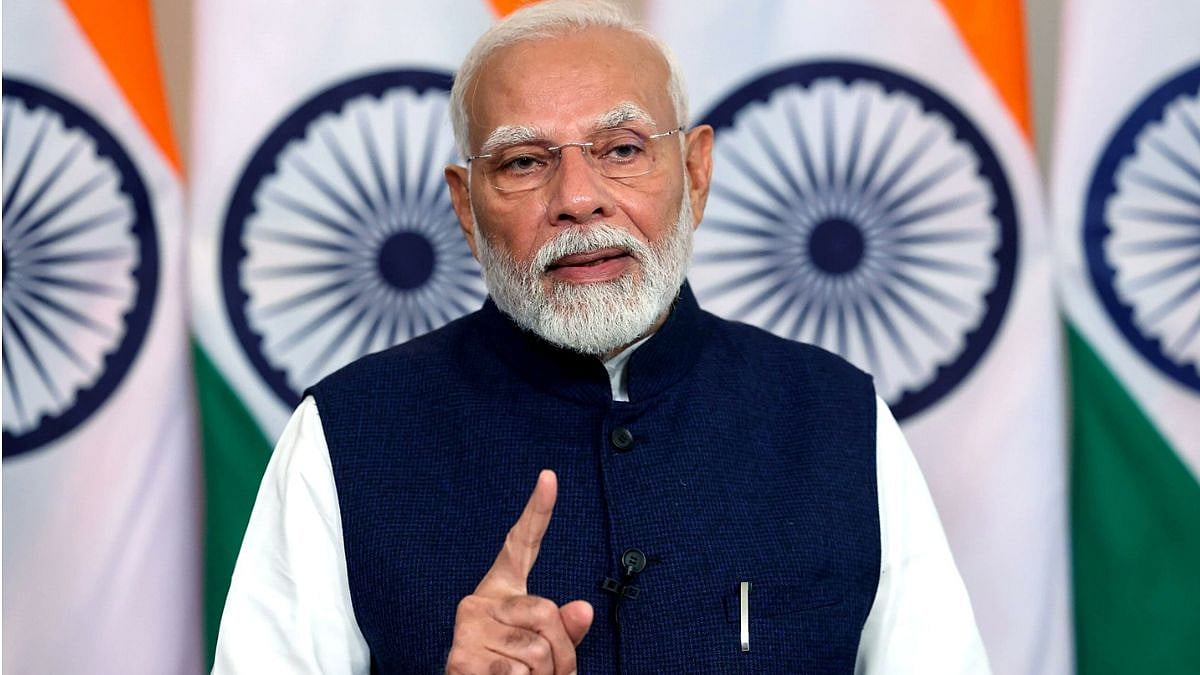India has officially become the fourth largest economy in the world, surpassing Japan—a milestone announced at the 10th NITI Aayog Governing Council Meeting. India’s GDP has now crossed the USD 4 trillion mark, earlier than many expected. From the 10th position just a decade ago to fourth today, this is a commendable achievement by any. The growth is particularly notable given the global economic challenges of recent years, including pandemic disruptions, inflationary pressures, and geopolitical instability. Despite these challenges, India’s economy has demonstrated impressive growth, fuelled by strong domestic consumption, a vibrant services sector, and expanding digital and manufacturing industries.
This economic ascent is not without its symbolism. Just a few years ago, India overtook the United Kingdom—the very nation that colonised it for nearly 200 years. Many saw poetic justice in this reversal of fortunes. Even the East India Company, once the symbol of colonial exploitation, was bought by an Indian entrepreneur in a lesser-known but striking development. That said, India’s path from the fourth to the third spot, currently held by Germany, seems less daunting. With a smaller population and a slowing economy, Germany may soon cede its position. But it’s the journey beyond the rankings that must concern us more. It’s important to remember that GDP rankings reflect the aggregate economic output of a country, not the prosperity of its people. India’s GDP growth tells a story of increased production and trade, but not necessarily one of inclusive progress. By per capita GDP, which divides national income by population and is a better measure of living standards, India lags at 141st, behind even Bangladesh.
Moreover, the wealth generated is not being distributed equitably. An increasing share of the national income is controlled by fewer individuals and corporate houses, while a large section of the population remains deprived of basic needs. In this context, rising to the fourth position globally is impressive, but hardly a moment to gloat. Japan, which India just overtook, is a geriatric society that has plateaued in its growth. Its demographic challenges partly explain India’s new ranking. India, by contrast, has a vast and young population—a potential demographic dividend, but only if supported by robust policies in education, employment, and healthcare. This economic milestone brings with it responsibility. India must adopt inclusive economic, social, and political strategies that ensure no one is left behind. Infrastructure, innovation, and investment are crucial, but so are justice, equity, and empowerment.
Any form of economic adventurism or political instability can derail this hard-earned progress. Especially in a world rife with geopolitical uncertainties and hostile rivals, missteps could invite consequences India can ill afford. Becoming the fourth-largest economy is a moment to acknowledge, not a destination to rest upon. The true celebration will begin when every Indian enjoys the fruits of this growth, and economic might translates into human dignity, opportunity, and well-being.







.jpg)



